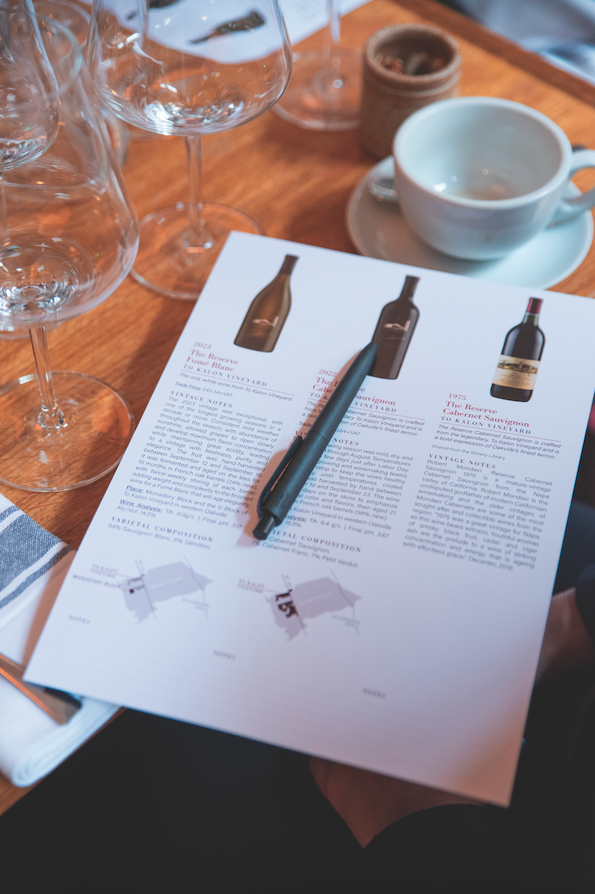China’s market recovery stutters
Widespread downtrading among Chinese consumers and high inventories of high-end spirits are putting a damper on alcohol recovery in the People’s Republic.

The year 2024 will be one of normalisation for China’s beverage alcohol market, after a difficult 2023, according to the latest insights from IWSR Drinks Market Analysis.
“The recovery in China during 2023 wasn’t as smooth or strong as many had expected,” said Shirley Zhu, IWSR research director for Greater China.
Total beverage alcohol volumes in China grew only marginally between 2022 and 2023, as losses for spirits (-9%) and wine (-14%) were offset by increases for beer (+3%) and RTDs (+1%).
High inventories
High inventory levels for XO Cognac and high-age whisky have prompted continued de-stocking in the early months of 2024, following a very difficult 2023. The same trend is also being reflected in the baijiu market, though premium and super-premium segments are doing better than those lower down the price ladder.
“There were higher inventory levels by the end of the year, despite the efforts of brand owners and wholesalers to move stock,” Zhu said.
For the first time since 2000, malt Scotch saw volume declines across all price tiers. Volumes for the total malt Scotch category fell -11% in 2023. IWSR expects it to suffer a further loss in 2024, as challenges continue, but expects growth to return, with 2023-28 volumes rising at a CAGR of 4%.
A half year trading update from the Artisanal Spirits Company, owner of the Scotch Malt Whisky Society, revealed the impact of challenges in the Chinese market. The Edinburgh-based group, which operates in some 30 countries worldwide, cited China as a particular obstacle to growth in a trading update for the six months ended 30 June 2024.
For Cognac, the outlook for the sector hinges on the potential impact of tariffs on imports of EU brandy later this year.
Partner Content
Zhu blamed the property crisis for its impact on high-end entertaining and gifting in spirits during 2023, “which heavily impacted demand for XO Cognac and expensive whisky”.
“However, VSOP Cognac and blended Scotch fared better and were both flat in volume terms – while VS Cognac saw decent growth thanks to its more accessible price range.”
Downtrading
Consumers remain cautious in terms of discretionary spending, with many prioritising expenditure on travel and experiences over alcohol, IWSR has said.
“A crisis in the property sector significantly impacted the Chinese economy, affecting both business and consumer confidence. Despite an improvement in early 2023 as pandemic restrictions were lifted, consumer sentiment subsequently tailed off and remained low,” said Zhu.
evidence of down-trading emerging for the first time among the lower income cohort of middle-class Chinese — those earning between RMB 5,000-15,000 per month (approx. USD 700-2,000 per month).
Value vs Volume
IWSR market data forecasts total beverage alcohol volumes to be essentially flat between 2023 and 2028.
However, the prospects of total beverage alcohol value in China are higher. Following declines in 2023, market value is likely to bounce back, adding incremental value of more than US$14bn by 2028.
Baijiu is predicted to be responsible for roughly two thirds of total growth. IWSR said that a growth in the number of upper-middle and high-income households will support sustainable growth in the medium and long term.
More broadly, there has been a trend of less ostentatious consumption. IWSR market researchers are reporting much less ordering of bottles of spirits or Champagne with sparklers on the night-time scene, and younger LDA consumers were more likely to spend on beer buckets or drinks by the glass.
Related news
Strong peak trading to boost Naked Wines' year profitability




